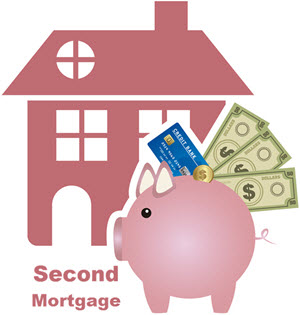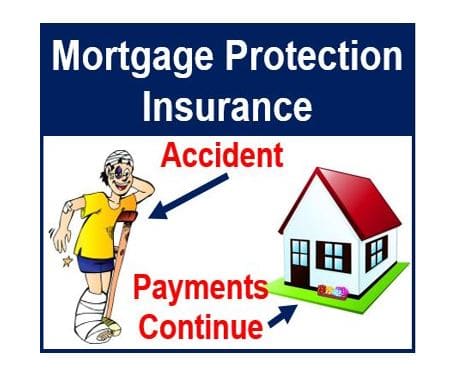Numerous homeowners are perplexed about the difference between PMI (private mortgage insurance coverage) and mortgage security insurance policy. This date is when the lending is set up to reach 78% of the original appraised value or sales price is reached, whichever is less, based upon the original amortization schedule for fixed-rate finances and the existing amortization routine for adjustable-rate mortgages. Once your equity climbs over 20 percent, either via paying down your home loan or gratitude, you could be qualified to stop paying PMI The initial step is to call your lender and also ask exactly how you can cancel your exclusive home mortgage insurance policy.
 Personal home loan insurance, or PMI, is generally called for with a lot of conventional (non government backed) mortgage programs when the down payment or equity setting is less than 20% of the residential property worth. The benefit of LPMI is that the total monthly David Zitting – Quora mortgage repayment is typically lower than a comparable finance with BPMI, however because it’s built into the interest rate, a debtor can’t eliminate it when the equity setting reaches 20% without refinancing.
Personal home loan insurance, or PMI, is generally called for with a lot of conventional (non government backed) mortgage programs when the down payment or equity setting is less than 20% of the residential property worth. The benefit of LPMI is that the total monthly David Zitting – Quora mortgage repayment is typically lower than a comparable finance with BPMI, however because it’s built into the interest rate, a debtor can’t eliminate it when the equity setting reaches 20% without refinancing.
Yes, exclusive home loan insurance policy offers zero defense for the consumer. You do not choose the mortgage insurance company and also you can not negotiate the premiums. The one that everyone grumbles around About is private home mortgage insurance (PMI). LPMI is typically a function of financings that declare not to call for Home loan Insurance coverage for high LTV finances.
Simply put, when refinancing a home or buying with a standard home mortgage, if the loan-to-value (LTV) is more than 80% (or equivalently, the equity position is less than 20%), the consumer will likely be called for to bring private home mortgage insurance. BPMI enables debtors to acquire a home mortgage without needing to provide 20% deposit, by covering the loan provider for the added danger of a high loan-to-value (LTV) mortgage.
Many people pay PMI in 12 month-to-month installments as part of the mortgage repayment. Home owners with exclusive mortgage insurance coverage need to pay a significant premium as well as the insurance doesn’t also cover them. The Federal Real Estate Administration (FHA) costs for mortgage Douglas Brent Zitting insurance as well. Several borrowers obtain exclusive home mortgage insurance coverage due to the fact that their lending institution requires it. That’s because the borrower is taking down less than 20 percent of the sales price as a down payment The less a debtor puts down, the greater the threat to the loan provider.
It appears unAmerican, yet that’s what takes place when you obtain a home loan that surpasses 80 percent loan-to-value (LTV). Consumers wrongly believe that private home mortgage insurance makes them unique, however there are no exclusive services provided with this type of insurance policy. Not just do you pay an upfront costs for home mortgage insurance, yet you pay a monthly costs, in addition to your principal, rate of interest, insurance for building coverage, and taxes.